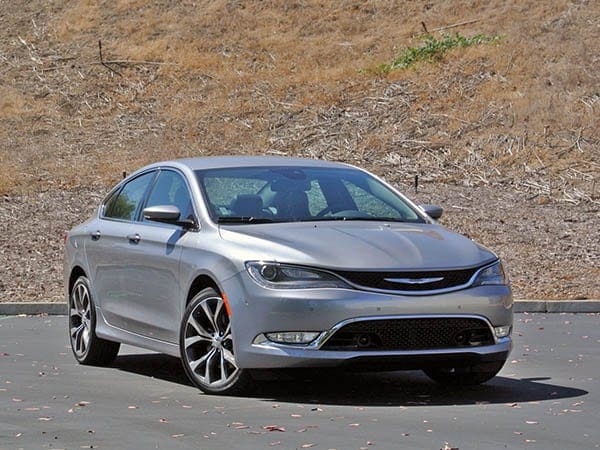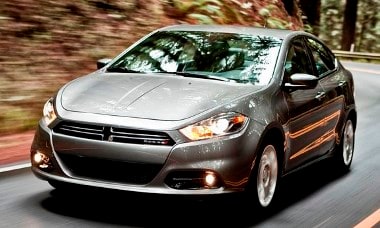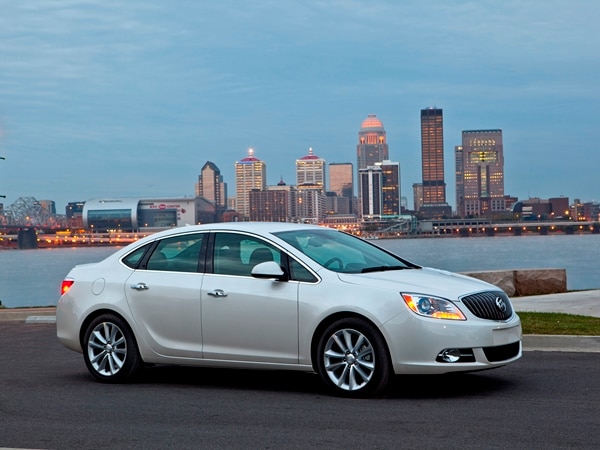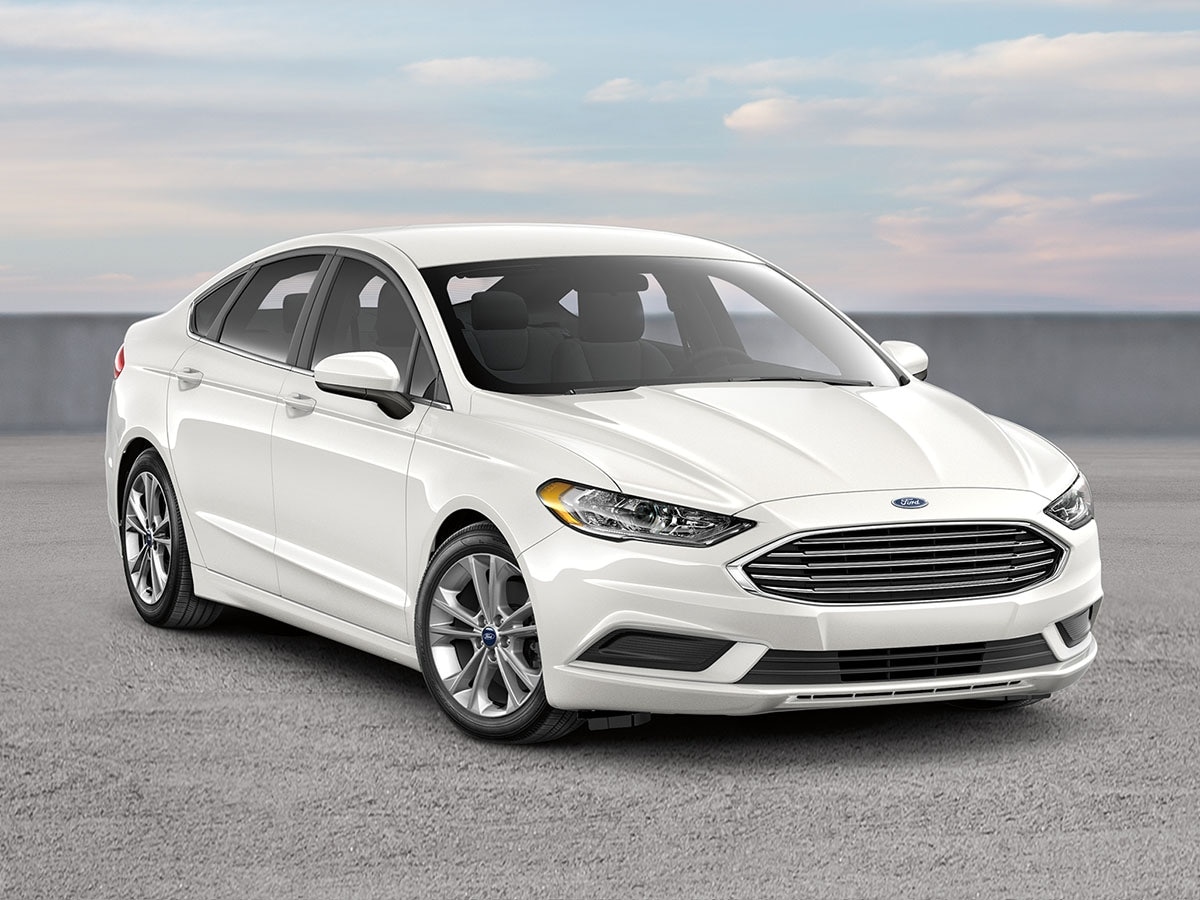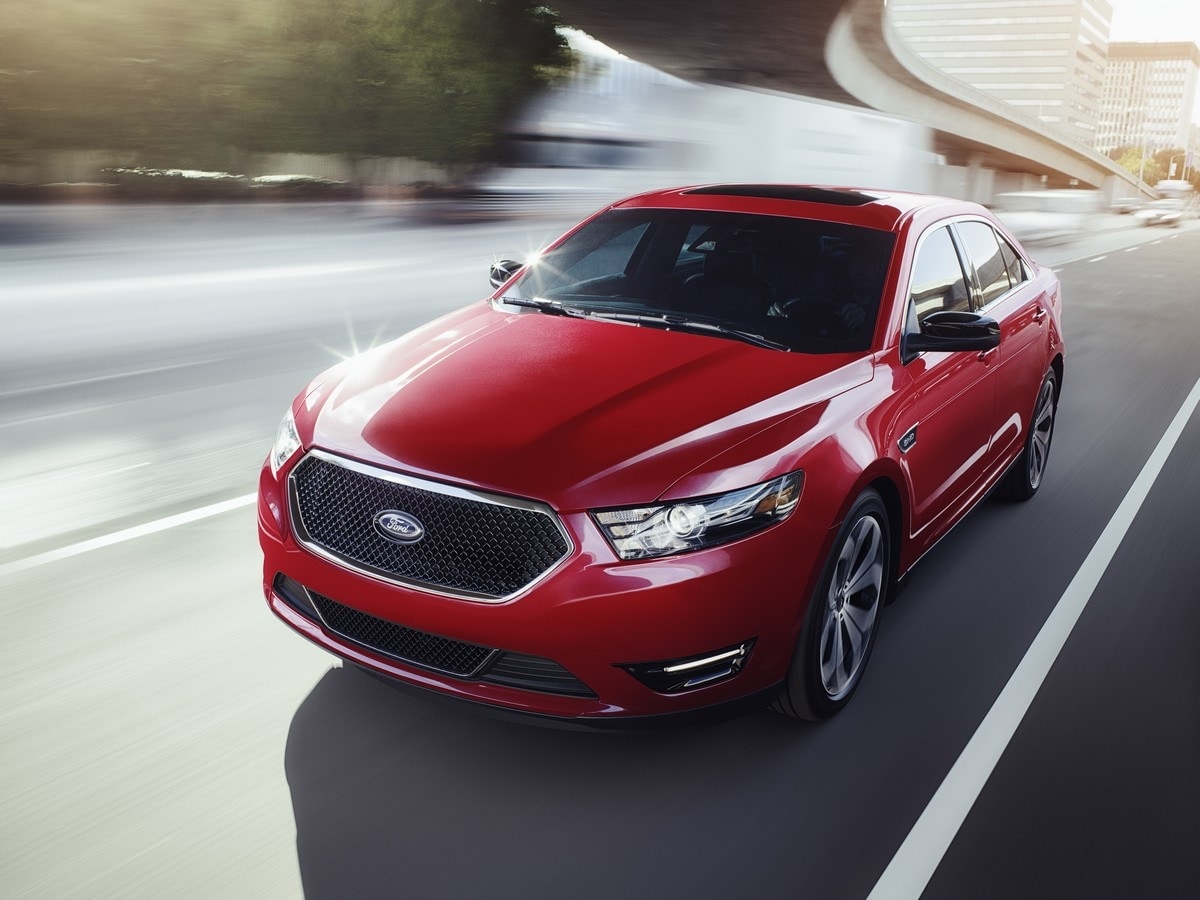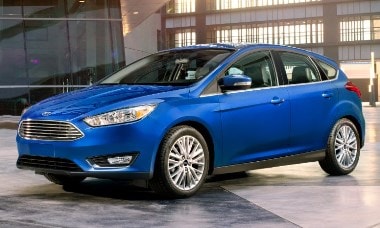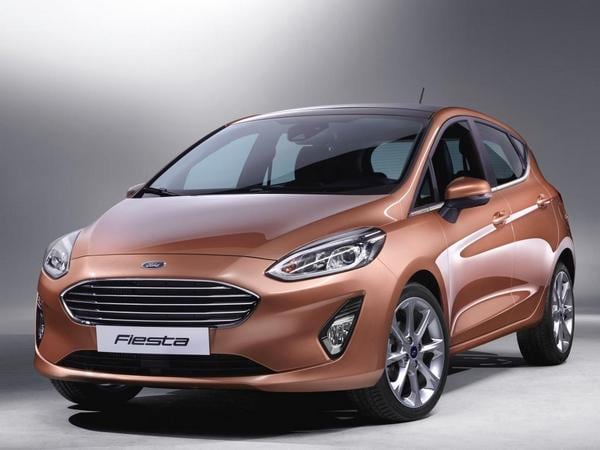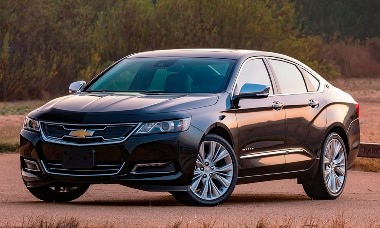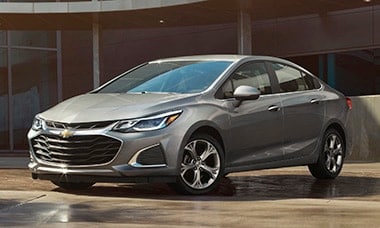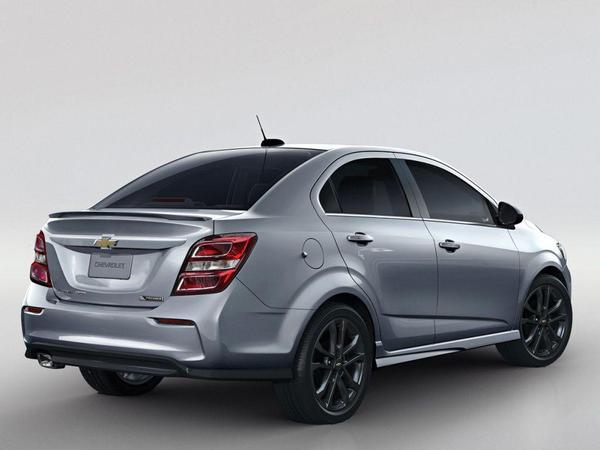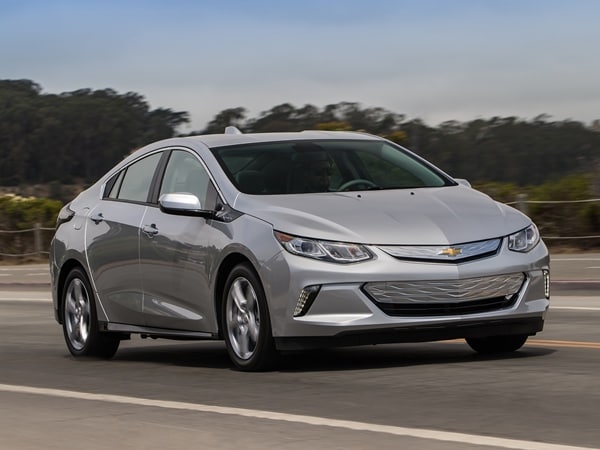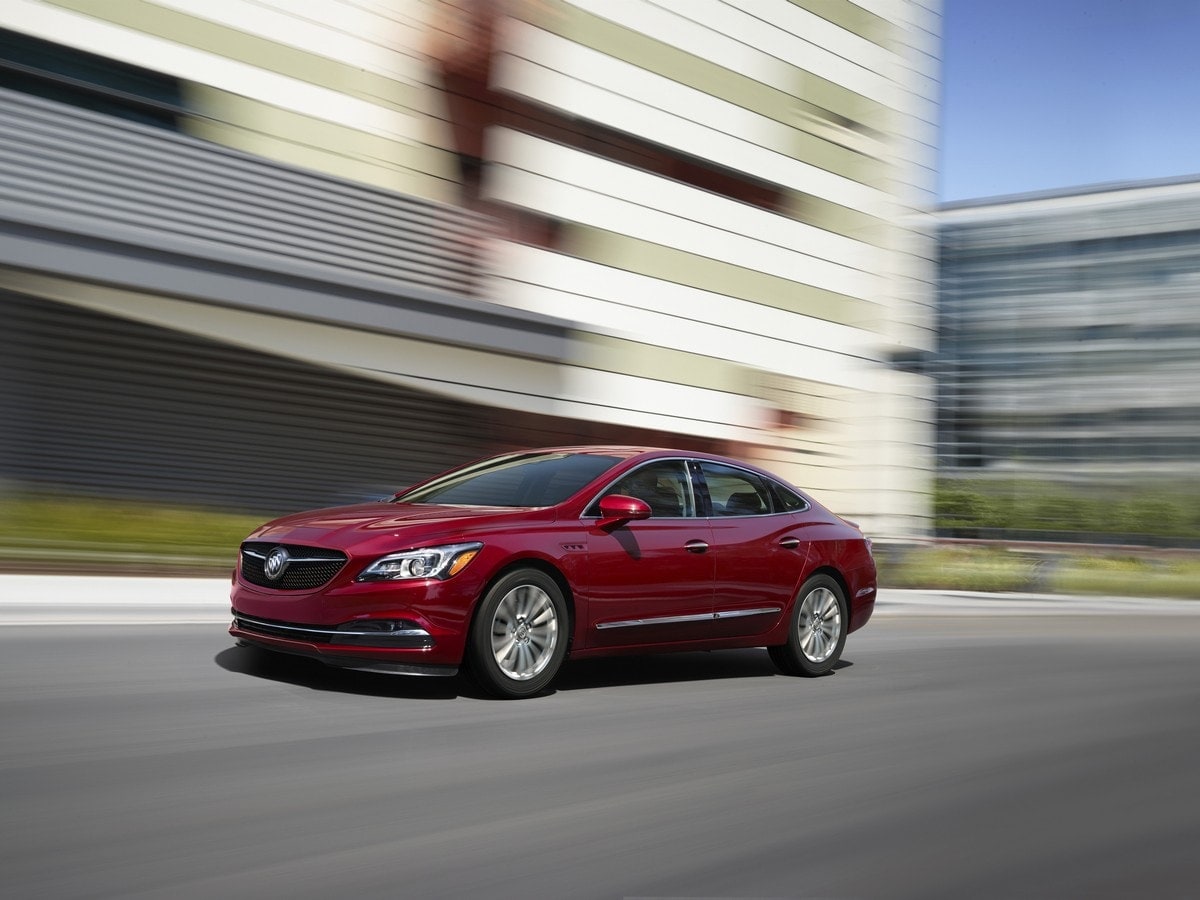Recent announcements by Detroit-based General Motors, Ford and Fiat Chrysler to significantly cut back on their offerings of traditional cars ranging from subcompacts through full-size have led some to question the viability of these models in the marketplace. A Cox Automotive study of the car segment shows a significant drop in traditional automobile share, but predicts that while segment is shrinking, it will by no means disappear. Cox Automotive is the parent company of Kelley Blue Book.
The ground lost by these hatchbacks and sedans has been taken up by crossover SUVs during what has been a record run in the auto industry of four straight years of 17 million-plus sales. Cars used to dominate, accounting for as much as half the market in 2010, while crossovers and SUVs took a healthy 30 percent slice. By 2016, the trend lines crossed at 40 percent share each and in the past two years, crossovers now tally nearly half of all sales. When pickups and minivans are factored in the mix, more than two-thirds of all new vehicle sales are not cars.
Manufacturers retreat
First to cut and run from the traditional car segment was Fiat Chrysler, which axed the slow selling mid-sized Chrysler 200 and compact Dodge Dart. Buick followed announcing the demise of the Verano compact. Earlier this year, Ford announced that it would end U.S. sales by 2020 of its subcompact Fiesta, compact Focus, midsize Fusion and full-size Taurus models. GM has announced that it will cut the Chevrolet Sonic, Cruze compact hatchback and sedan and Volt plug-in hybrid, as well as full-size models including the Cadillac XTS, Buick LaCrosse and Chevrolet Impala. Buick has replaced its traditional Regal sedan with a European-built liftback and wagon models.
The Cox Automotive study determined that most people who are exiting the traditional car market are migrating to compact and midsize crossover SUVs, with the former accounting for 33.2 percent of those switching and the latter an additional 23.2 percent. By 2025, the report estimates that compact car market share will decline from its 2016 share of 16 percent to 13 percent, while midsize car share will drop more dramatically from 20 percent to 13 percent.
Cars still a significant factor
Even though the selection of models and total sales may be diminishing, the Cox Automotive study said that even at 27-percent share of the market, cars account for more than 4.6 million sales annually. Those opting to stay in cars over SUVs say they appreciate the better driving dynamics, lower cost and better fuel economy of cars versus trucks.
Further, the study found that loyalty among car buyers is rising and that Hispanic and Asian shoppers (both growing populations) tend to skew towards car ownership as opposed to crossovers. While some manufacturers may choose to concentrate on crossover and truck sales instead of pursuing the car market, the study concludes that other manufacturers will continue their presence and will likely grow market share in the car segments as a result.
Among the manufacturers heavily invested in the car market, according to the study, are Hyundai, Kia, Nissan, and Volkswagen. Toyota and Honda also dominate the compact car and midsize car categories with their respective Camry/Corolla and Accord/Civic models will continue to serve this market. Even as these makes continue to build cars, look for these companies to also aggressively expand their truck offerings.
Buyers beware
Bargain hunters looking for large incentives on discontinued models may find some deals from manufacturers looking to get out of the car market. However, by and large, incentives on passenger cars have been dropping as the automakers cut production, drop models and generally align their inventories with market demand. As a result, over time, the deals may be less generous than they are now.
A case in point is the minivan market, which has dropped significantly, but is only served by four manufacturers. These vehicles average transaction prices continue to go up, the incentives offered on them are below industry average. Minivans, though not as popular as they once were, are still found useful by a significant slice of the buying public.
The same will be true for cars, but more so.
